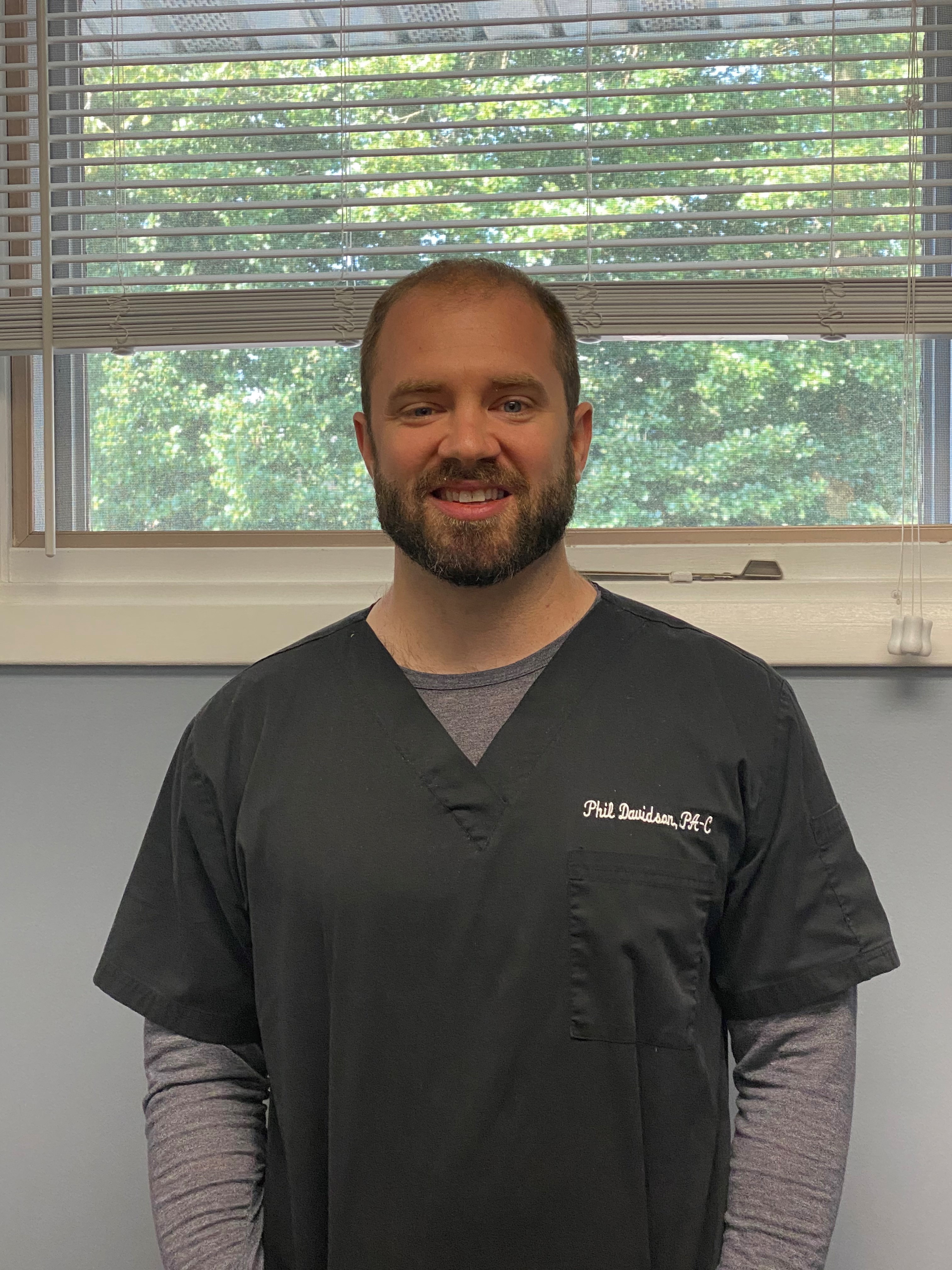
Acute Upper Respiratory Infections, or URI's, are one of the most common complaints presenting to the urgent care. Runny nose, nasal congestion, scratchy throat, chest congestion, mild cough, and headache are some of the most common symptoms associated with URIs. They occur all year round, but they are much more prevalent during the fall and winter months. They are usually viral and don't require any antibiotics. URIs don't typically require any testing in the urgent care setting. They are a clinical diagnosis. Sometimes a respiratory panel and/or chest x-ray can be ordered if complaints such as wheezing, trouble breathing, or fevers are reported. Treatment is usually confined to OTC medications and fluids. Typically, URI's will resolve in less than 7 days. Despite this, URI's are one of the most common diagnoses where antibiotics are overprescribed for a variety of reasons. It is important to educate patients on symptoms of URI that may require antibiotics. These symptoms include persistent fevers, symptoms lasting for more than 10 days, and a combination of facial pain usually unilateral on palpation with symptoms lasting 5-7 days. Unless one or more of these presentations are occurring, antibiotics are usually not indicated. The takeaway from URI treatment is that antibiotics are seldom warranted. We need to continue to educate patients about antibiotic resistance when it comes to over treatment of common viral infections. If patients are insistent that they need more than just OTC medications for their infection, watch and wait antibiotic prescriptions can be written and can be an effective alternative. However, every patient is different and it's important to treat on a case-by-case basis.
